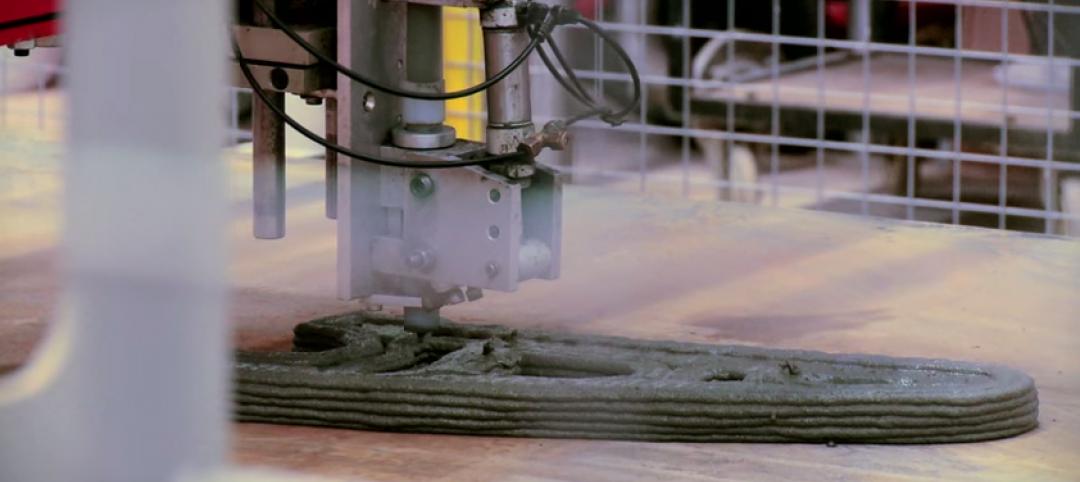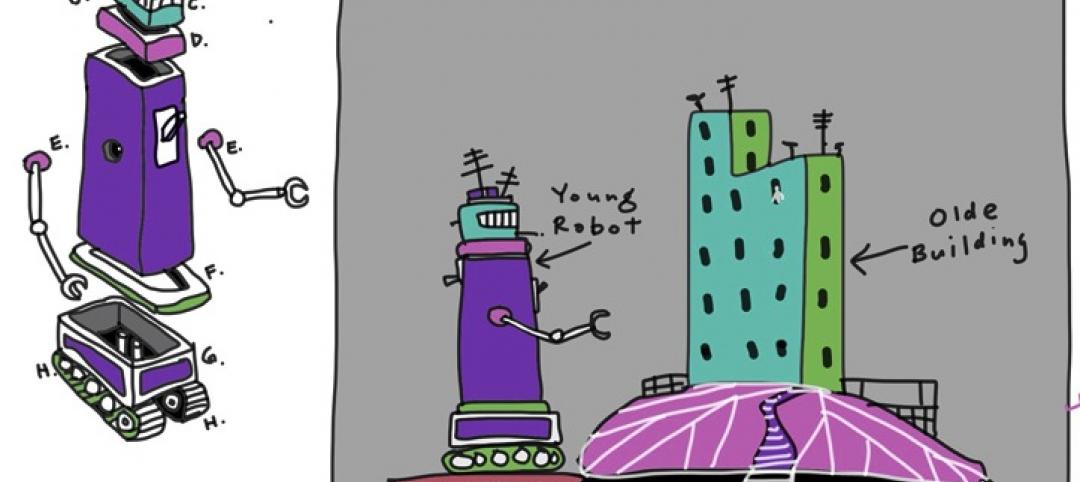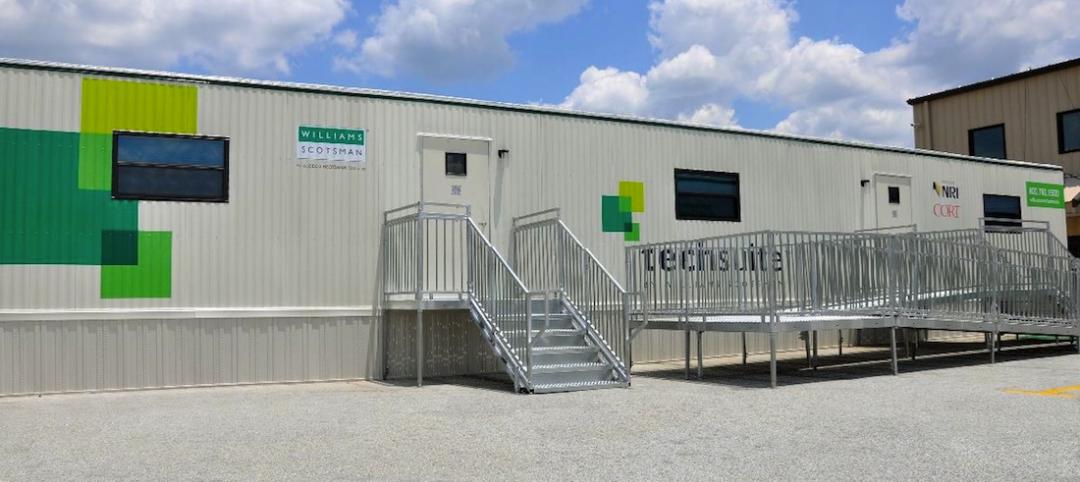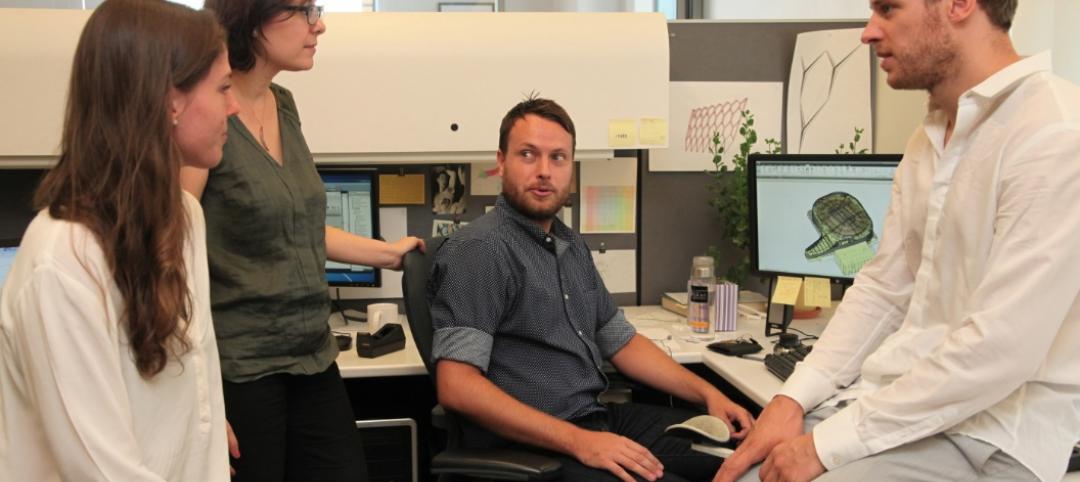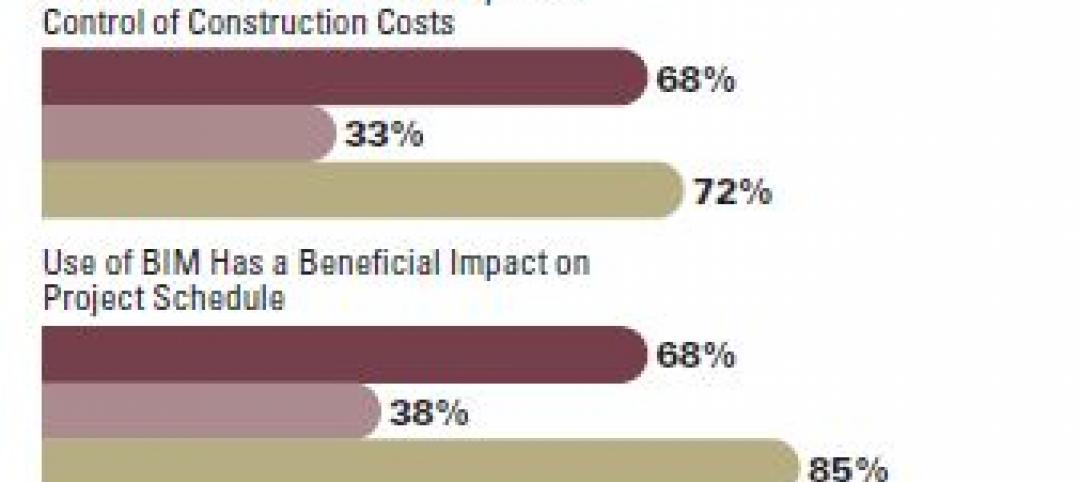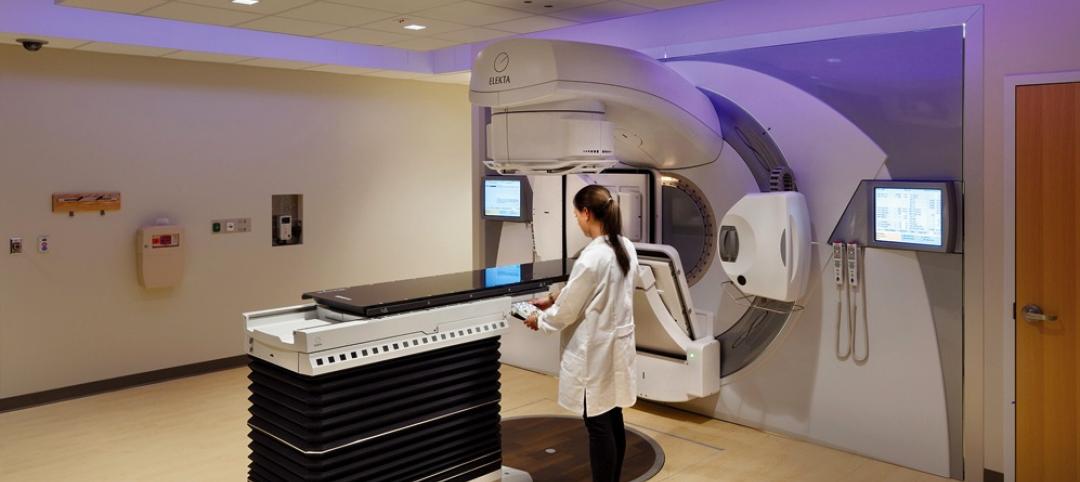By definition, a city is a big place. And, as such, it is hard to stay on top of everything going on within its borders. There will always be outcomes to scenarios that couldn’t have been predicted, issues that arise from small details overlooked in the planning process.
But the city-state of Singapore is trying to rectify this issue and make sure no small details are overlooked again. What is their solution? To create a hyper-realistic virtual model of the island city-state, something they are currently in the process of doing.
With the help of the Prime Minister’s Office and Dassault Systèmes, a multinational software company that is at the forefront of 3D design, Virtual Singapore is well on its way to completion.
Virtual Singapore will incorporate information such as data about the climate, demographics, energy consumption, and building elevation, all the way down to small details like the location of trees.
If you ever played SimCity, a game designed by legendary game designer Will Wright, this probably seems pretty familiar to you. But Virtual Singapore is built for more than just entertainment.
“You can click on a building and see the surface of its roof, how much electricity it consumes. You can simulate how in the event of a gas leak or a bombing, the population could escape based on where people are,” said CEO of Dassault Systèmes, Bernard Charlès, in an interview with Tech Insider. “We have simulation engines for this.”
Virtual Singapore can be used for more than planning for emergencies or disasters, though. It can also be used to see how a proposed change to the city would affect it. Thus, helping to eliminate those tiny overlooked details that rear their ugly heads later on in the process, when issues become more expensive to fix.
The majority of the data being used to create Virtual Singapore was stored on siloed platforms, but Charlès hopes to eventually incorporate data directly from citizens, such as information from cars or fitness trackers.
Dassault Systèmes projects Virtual Singapore to be completed by 2018.
Related Stories
| Dec 1, 2014
Skanska, Foster + Partners team up on development of first commercial 3D concrete printing robot
Skanska will participate in an 18-month program with a consortium of partners to develop a robot capable of printing complex structural components with concrete.
| Nov 26, 2014
How the 'maker culture' brings the power of design to life
Most people affiliate the maker culture with metal working, welding, ceramics, glass blowing, painting, and soldering. But it also includes coding and online content creation, writes Gensler’s Douglas Wittnebel.
Sponsored | | Nov 26, 2014
Virtual reality in 3D models, iPhone thermal imaging: Inside one very cool tech toybox
A little over a year ago, I embarked on a search to find individuals in the AEC space who were putting new hardware to work in the field.
| Nov 18, 2014
New tool helps developers, contractors identify geographic risk for construction
The new interactive tool from Aon Risk Solutions provides real-time updates pertaining to the risk climate of municipalities across the U.S.
Sponsored | | Nov 12, 2014
Williams Scotsman plugs into the jobsite
Many of our customers conduct important business from their temporary modular jobsite office and most require access to technology to get their job done effectively and efficiently. SPONSORED CONTENT
| Nov 5, 2014
AEC firms leverage custom scripts to bridge the ‘BIM language gap'
Without a common language linking BIM/VDC software platforms, firms seek out interoperability solutions to assist with the data transfer between design tools.
| Nov 3, 2014
How facility owners can make the most of BIM
More and more facility owners are seeing the benefits that building information modeling can bring to their projects, according to a new McGraw Hill Construction SmartMarket Report, “The Business Value of BIM for Owners.”
| Oct 15, 2014
Drones may soon assist code inspectors for construction in the UAE
The United Arab Emirates’ Ministry of Labour announced that they will start using drones to help inspectors record when construction sites are breaking laws.
| Oct 13, 2014
Debunking the 5 myths of health data and sustainable design
The path to more extensive use of health data in green building is blocked by certain myths that have to be debunked before such data can be successfully incorporated into the project delivery process.
Sponsored | | Oct 13, 2014
William Duff Architects successfully increases revenue while decreasing accounts receivable workload
William Duff Architects has seen immediate benefits to their business since the implementation of ArchiOffice. Within a couple of months, they increased billable staff utilization and reduced accounts receivable workload. SPONSORED CONTENT


